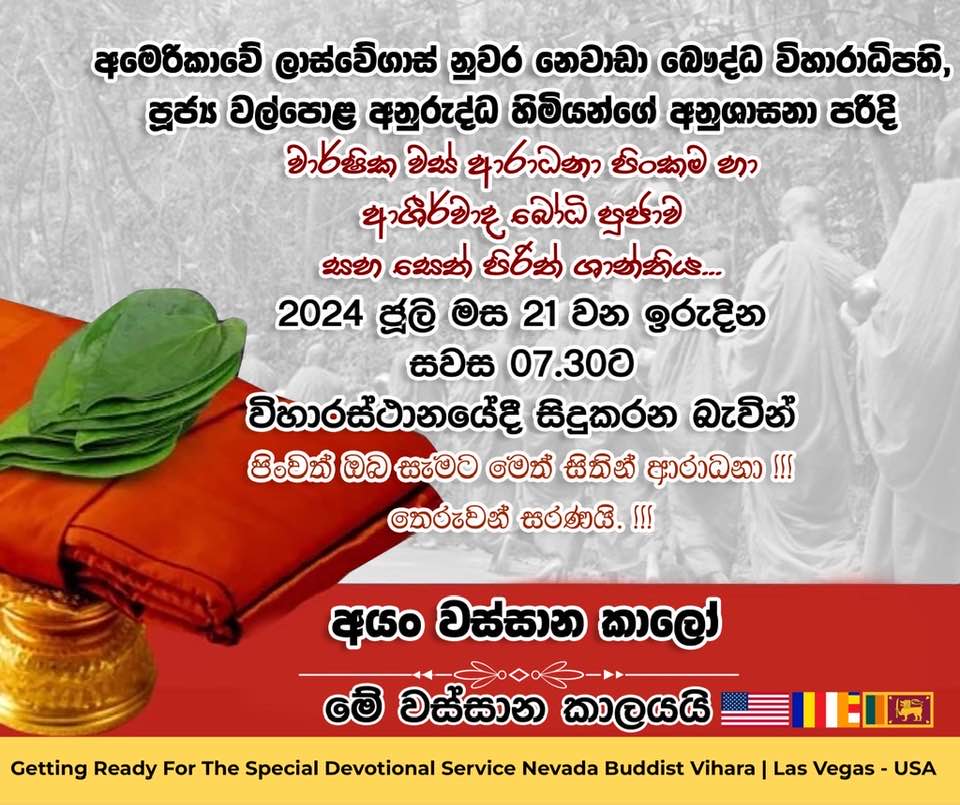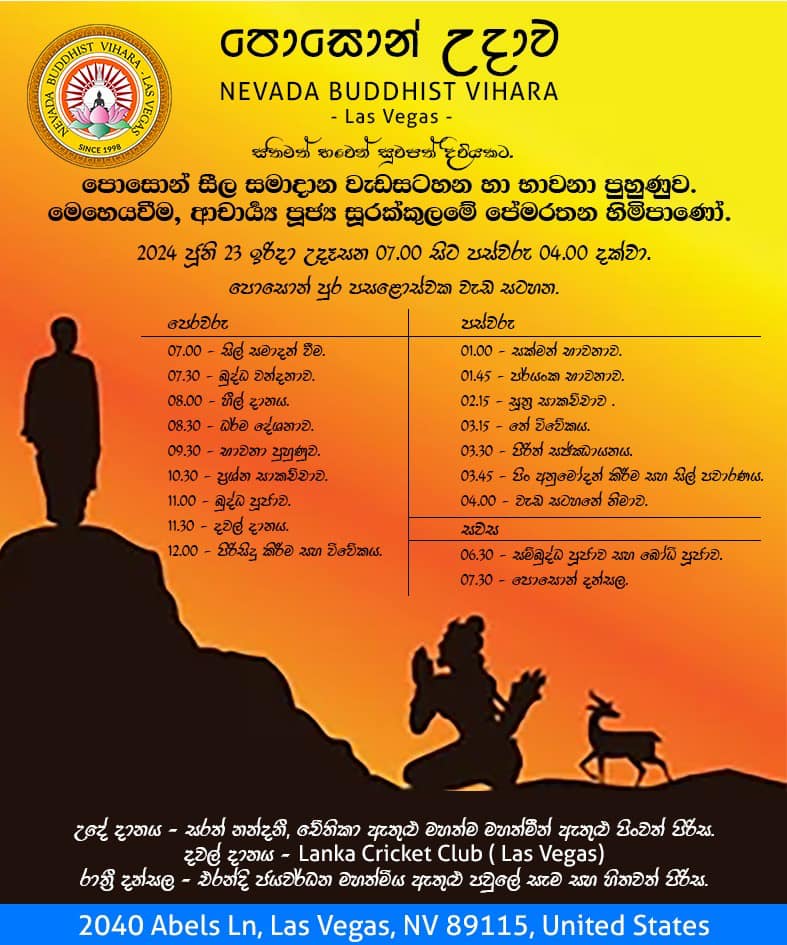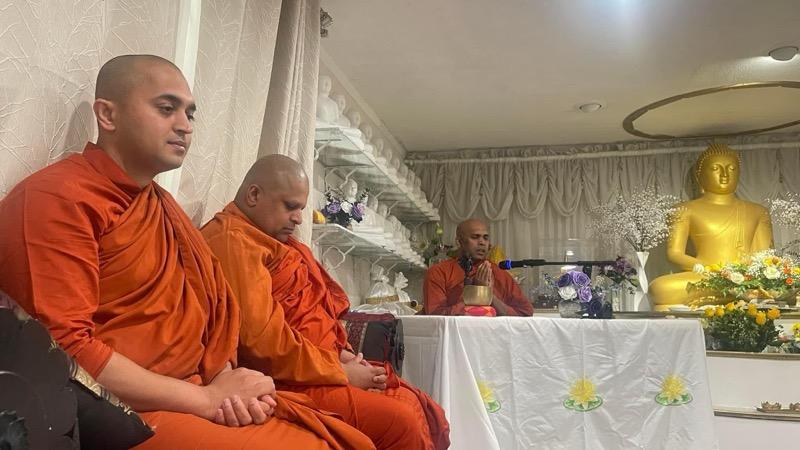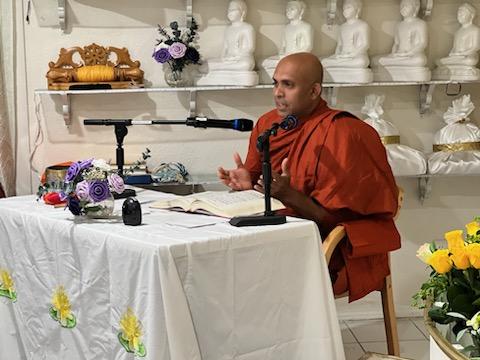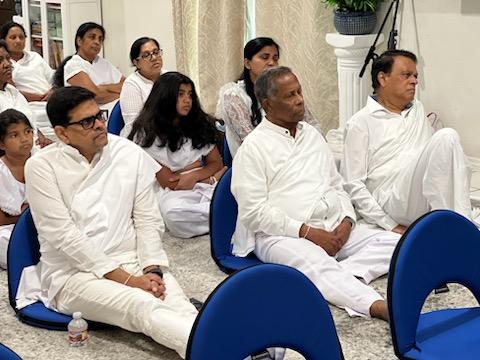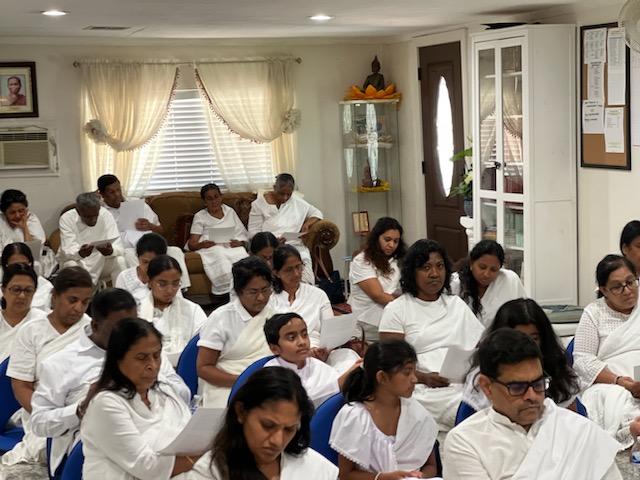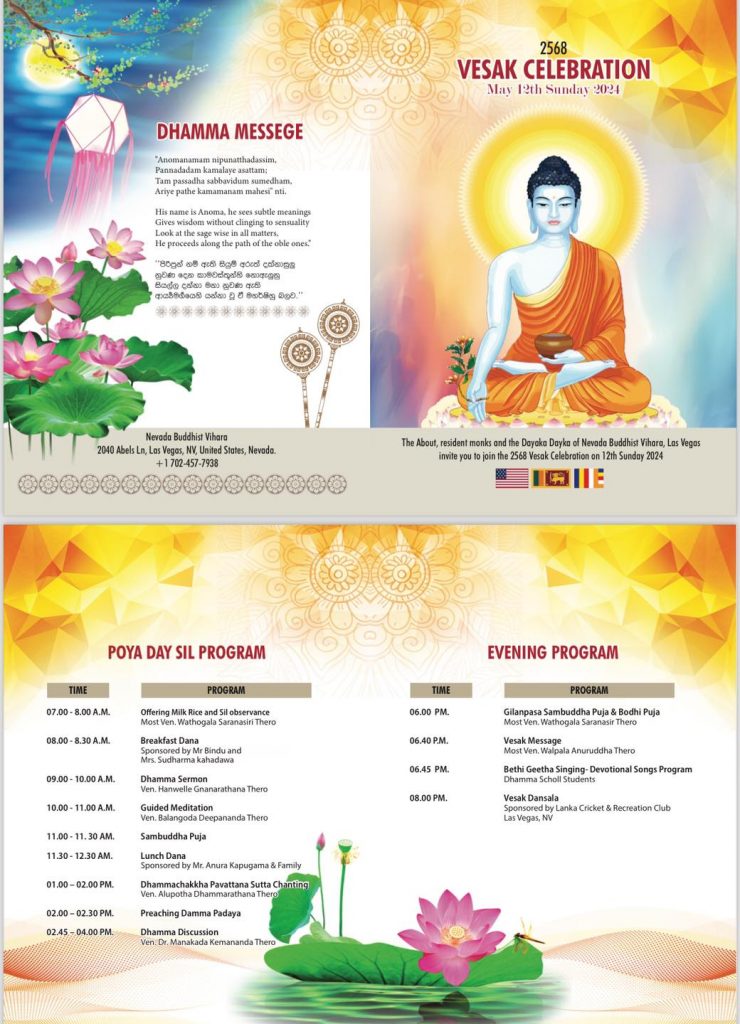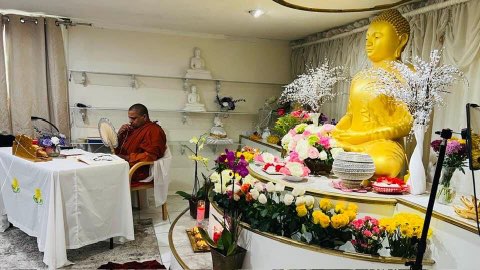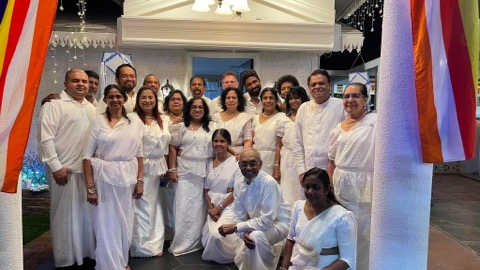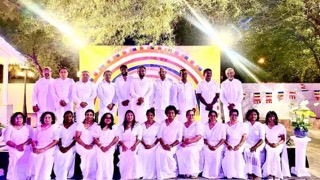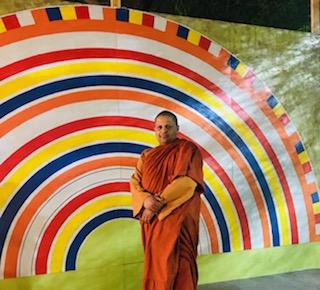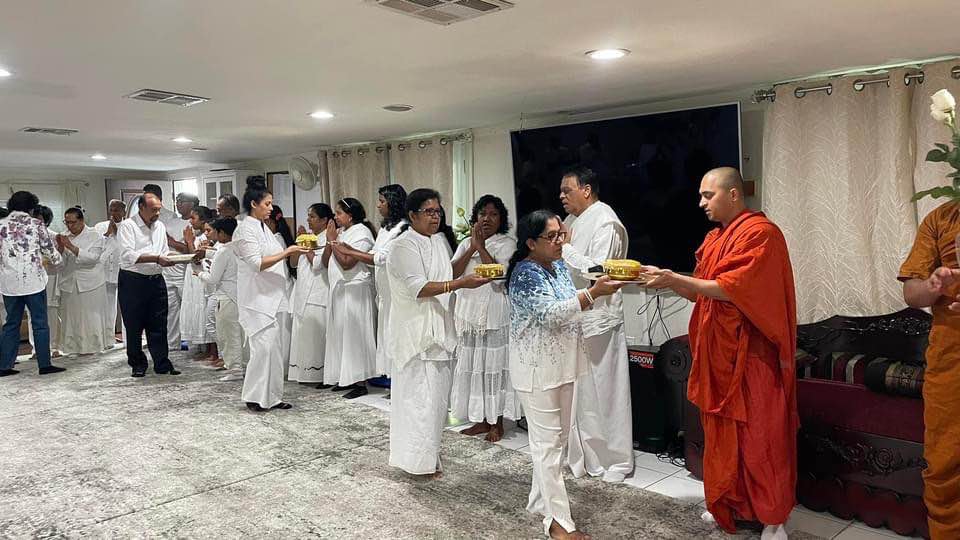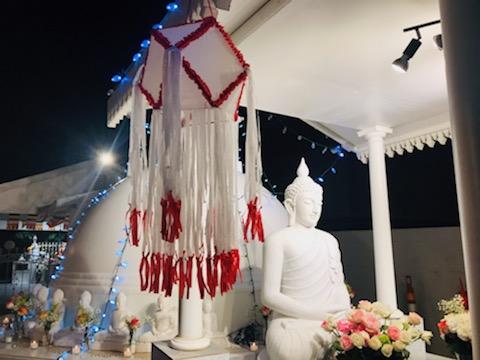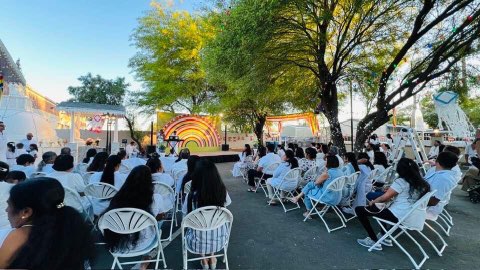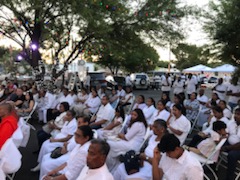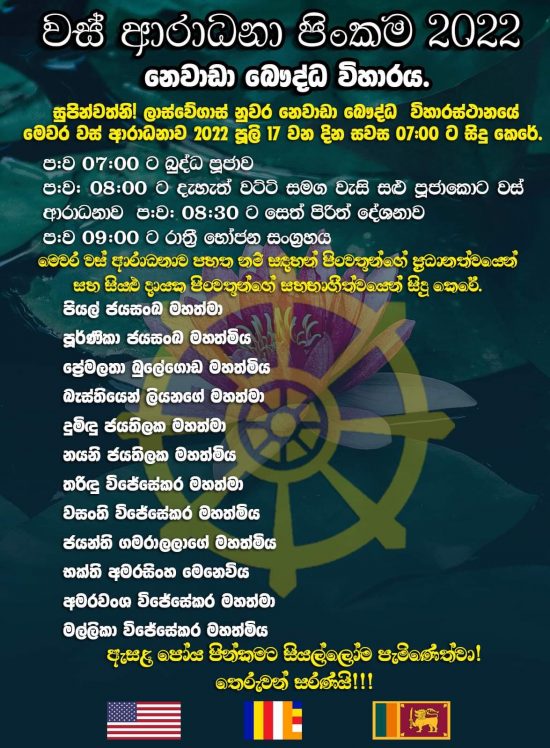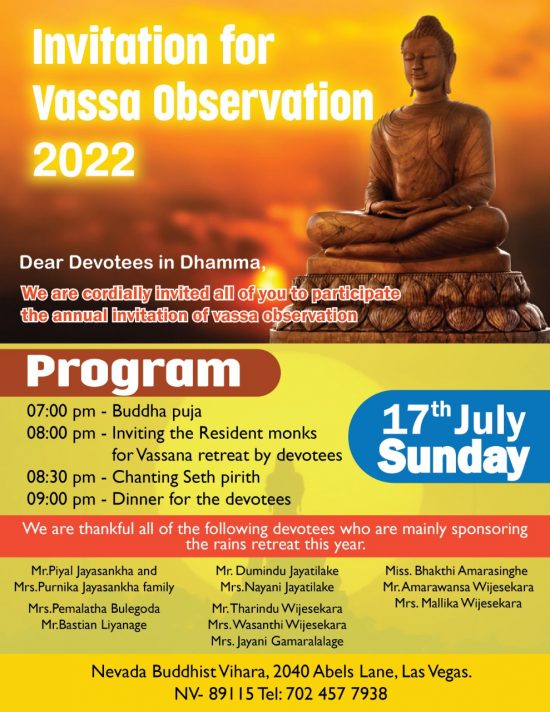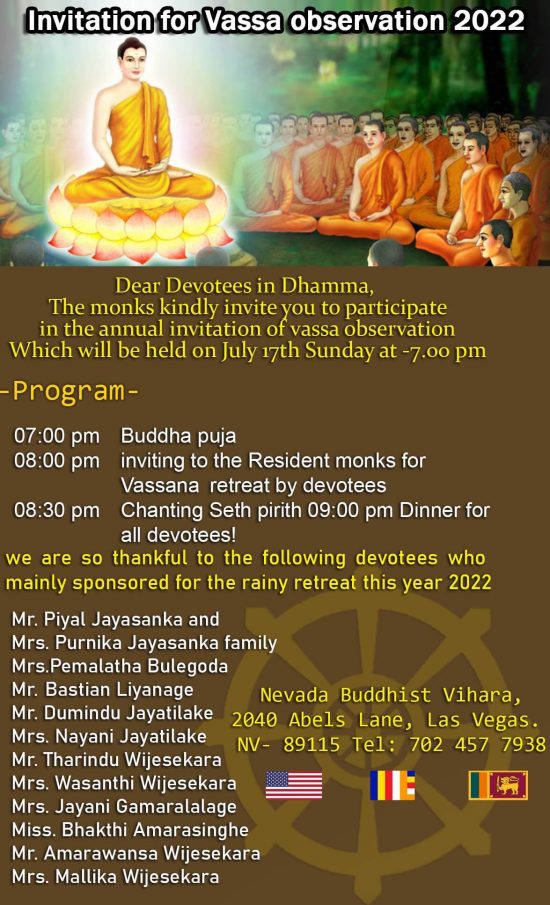Kathina (Rains Retreat 2024, July 21st, Sunday at 7:30 p.m. )
The word Kathina refers to firm or solid which is part of eight great meritorious acts. The sense of strong and solid signifies the meritorious deed accumulate from this great meritorious act which is unshaken. Kathina also for monks significant in the sense of marking maturity and experience as now when monks met each other they would ask, “How many Vassa have you had?” Kathina The Vassa Retreat, also known as Rains Retreat Season, is an annual three-month monastic retreat observed from July through October. Here are some key points about Vassa retreat:
- Historical Background: The tradition of Vassa dates back to the time of the Buddha. It originated in premodern India, where the rainy season made travel difficult and potentially harmful to crops and small creatures.
- Purpose: During Vassa, monks and nuns stay in one place, usually a monastery or temple, to focus on intensive meditation, study, and spiritual practice. This period of seclusion allows them to deepen their practice without the distractions of travel.
- Activities:
- Meditation: Monks and laypeople often engage in more intensive meditation practices during this time. Temples with meditation centers may see an increase in participants.
- Study: There is a greater emphasis on studying Buddhist texts and teachings.
- Ordination: Some men may choose to ordain temporarily to experience monastic life and discipline.
- Community Involvement: Laypeople also participate by supporting the monastic community with offerings of food and other necessities. They may also take part in meditation sessions and Dhamma talks.
- Cultural Practices:
- Obeisance: At the beginning and end of Vassa, younger family members pay respects to their elders, a tradition established by the Buddha.
- Festivals: The end of Vassa is often marked by festivals and celebrations, such as the Festival of Lights, commemorating the Buddha’s return from preaching in the Tāvatiṃsa Heaven.
- Restrictions: Certain activities, such as wedding ceremonies, are not conducted during the Vassa period, leading to a surge in such events once the retreat concludes.
The Vassa retreat is a time of spiritual renewal and community bonding, reflecting the core values of Buddhist practice.
